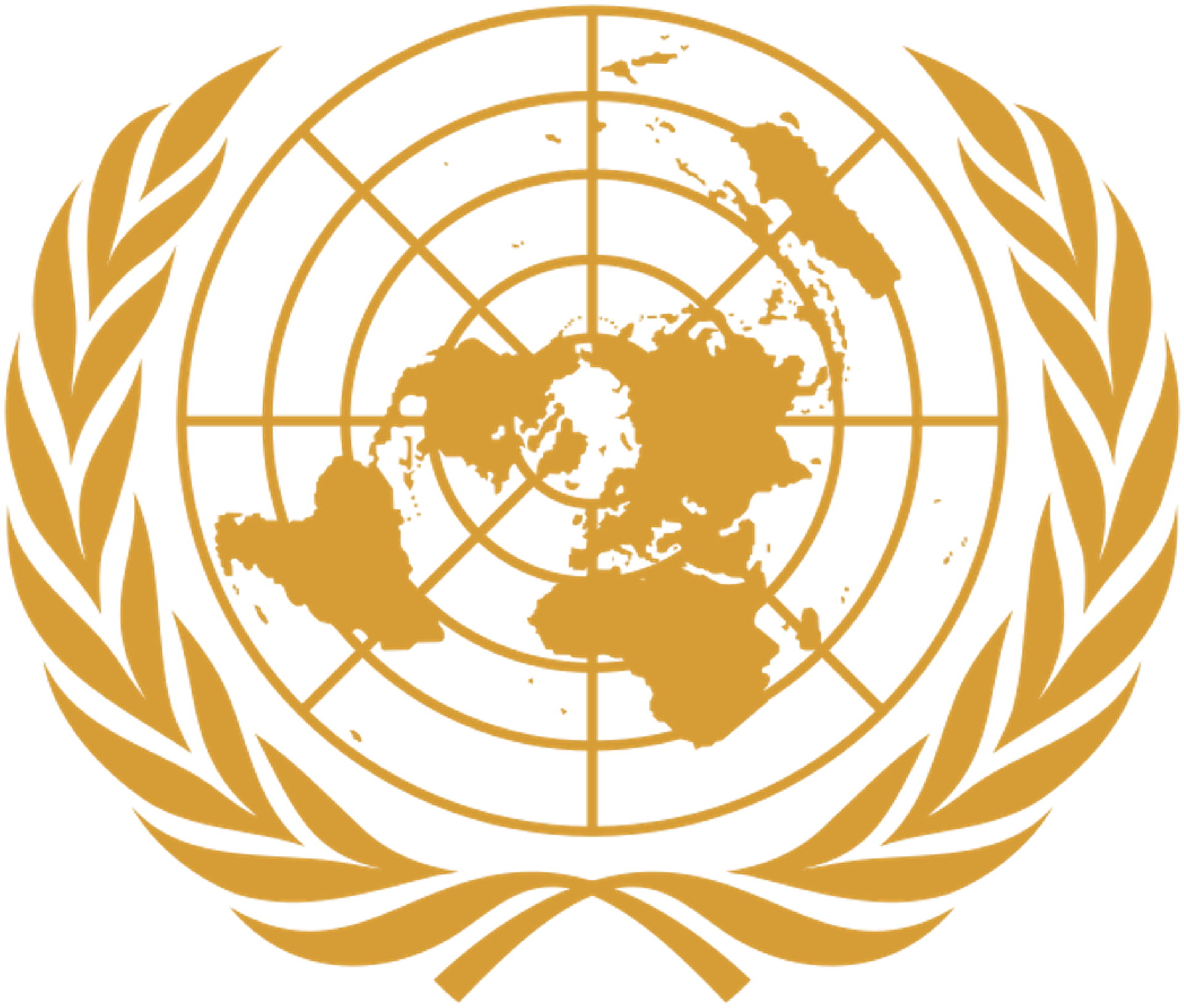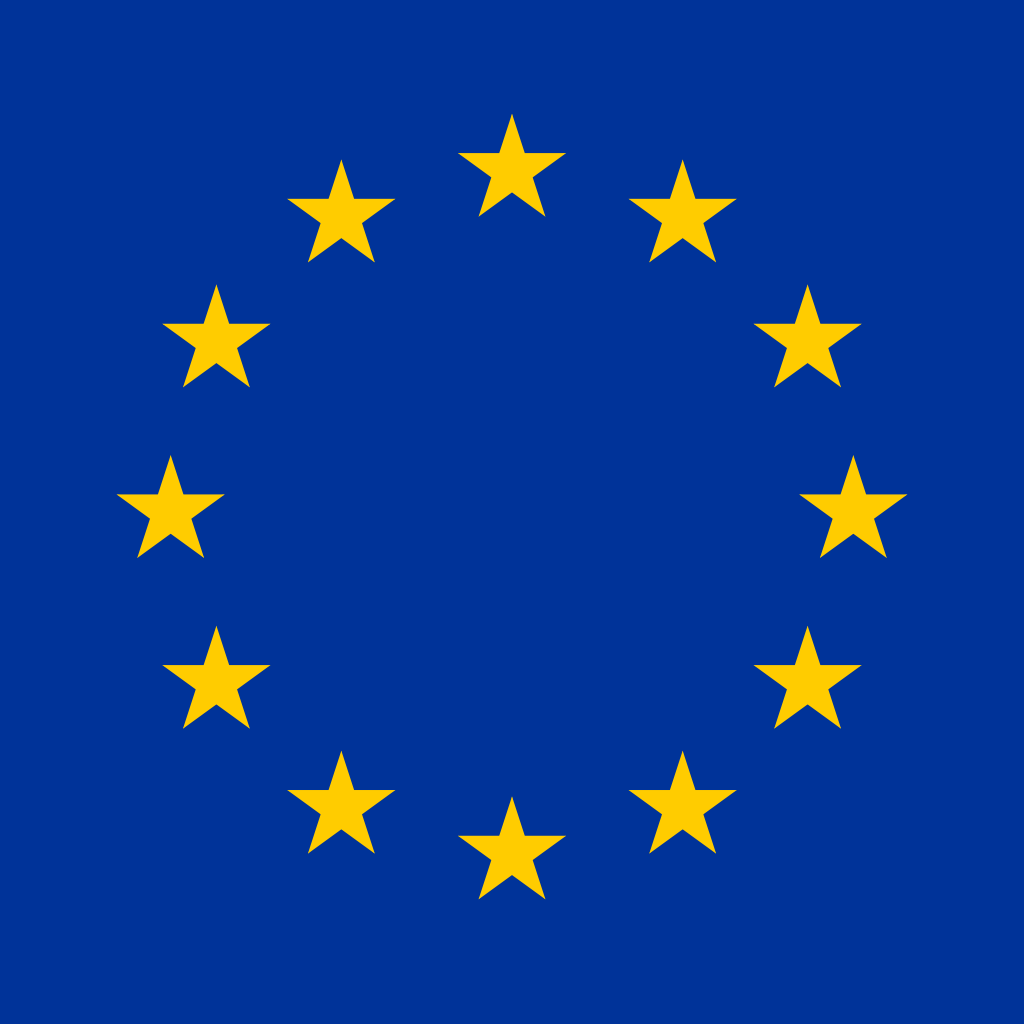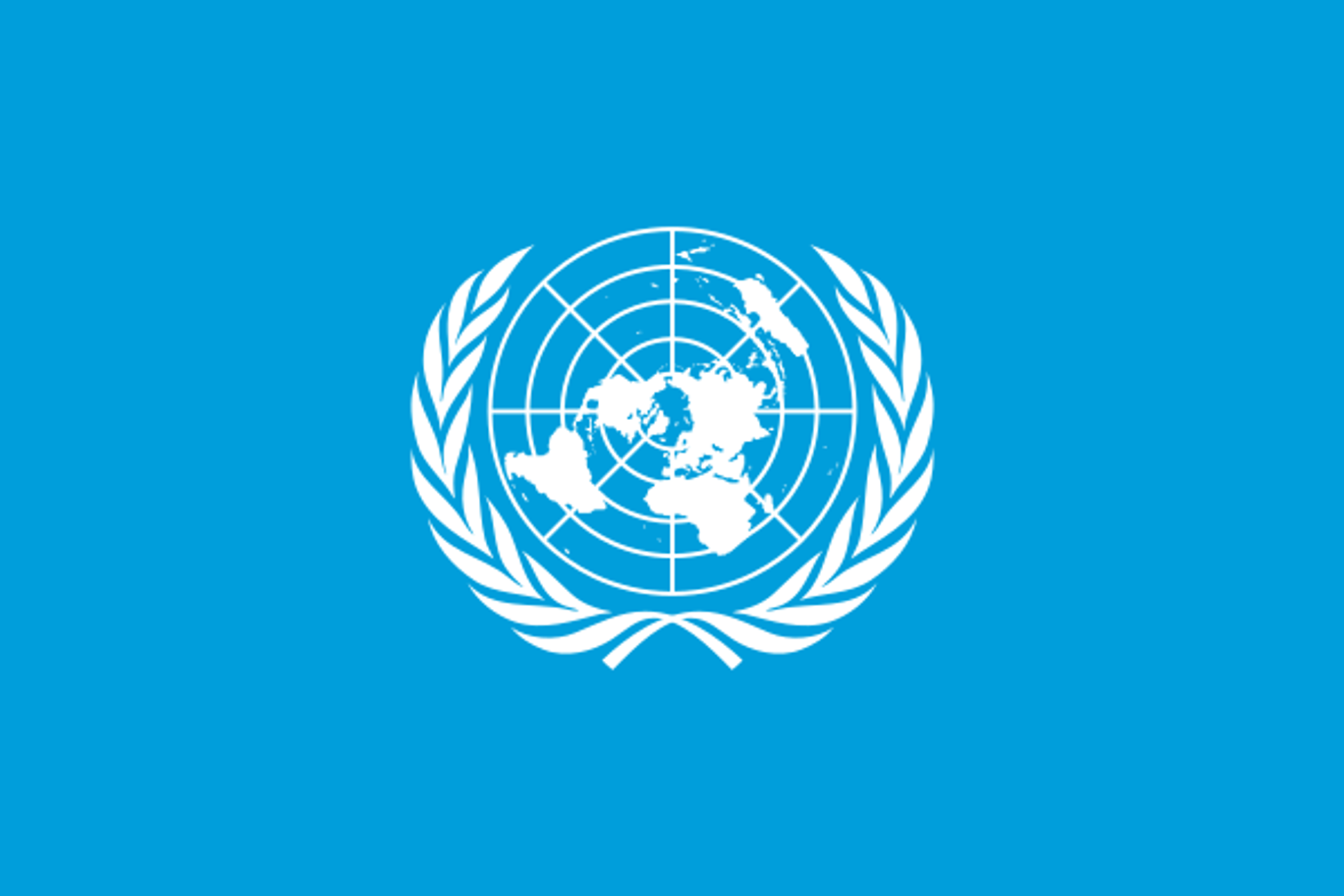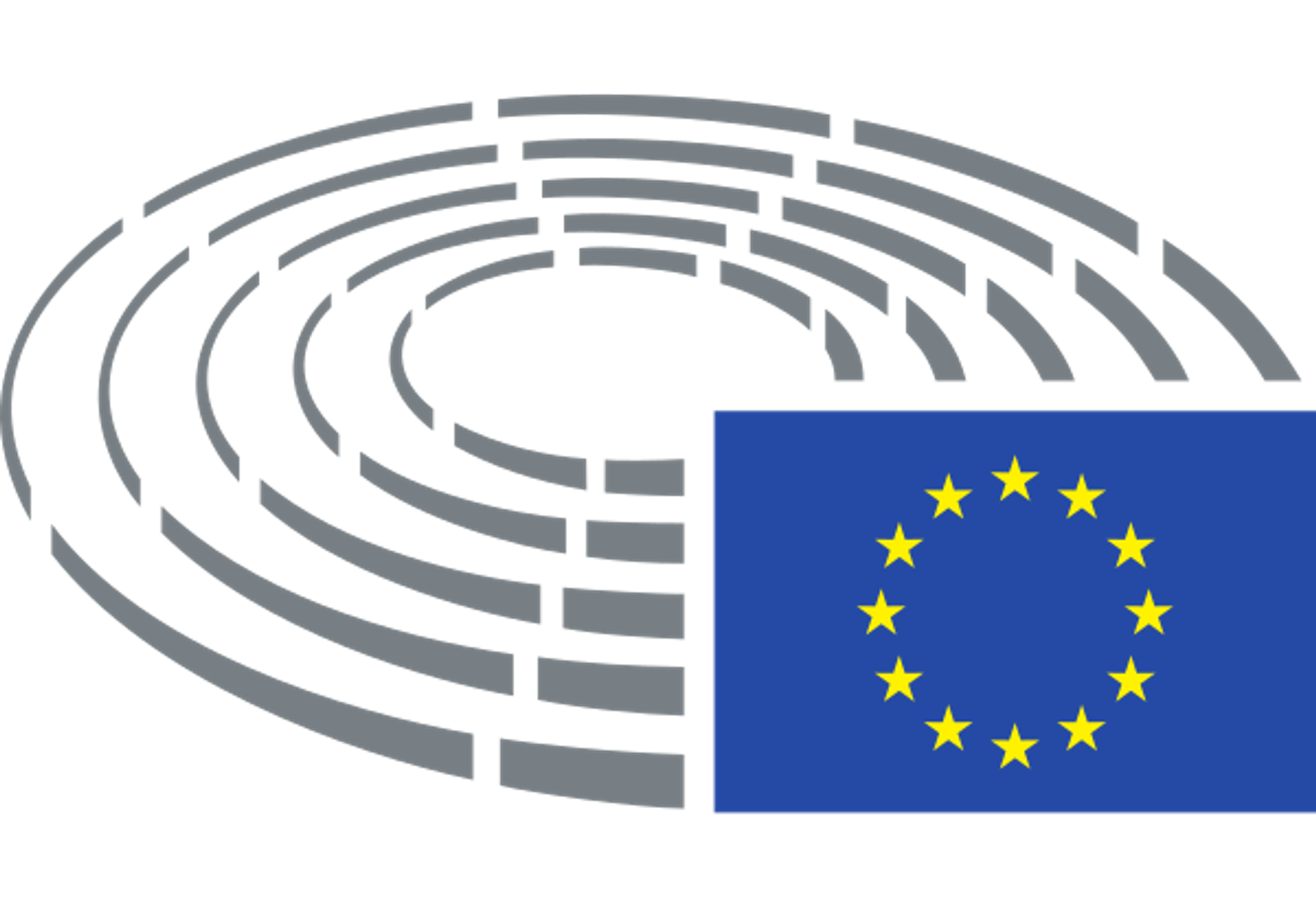
United Nations Security Council
What do people say about United Nations Security Council?
Danish media portray the United Nations Security Council (UNSC) as increasingly sidelined and ineffective in maintaining international peace and security. The coverage reveals a cynical view where real power and decision-making lie not within the UNSC's institutional framework but rather in the hands of influential individuals and nations, particularly the United States under Donald Trump. The UNSC's binding resolutions and legitimacy are questioned, especially as unilateral actions and personal ambitions dominate diplomatic efforts, such as in the Gaza ceasefire and the fragile peace in Congo. Furthermore, the UNSC is depicted as constrained by geopolitical realities, with powerful veto-wielding members like Russia enabling conflicts to persist. The Council is no longer seen as a guarantor of peace but as a symbolic institution overshadowed by transactional diplomacy and power politics.
Where are the conversations happening?
The most critical discussions of the UNSC occur in podcasts like 'Radio Information' and 'P1 Morgen,' where the Council's legitimacy and effectiveness are openly questioned in the context of ongoing conflicts and peace negotiations. 'Radio Information' offers a particularly blunt critique, emphasizing the shift from institutional authority to personal power politics under Trump. Meanwhile, 'Aften' and 'Nyhederne' provide background and broader geopolitical context, touching on the limitations imposed by major powers such as Russia. Danish media sources collectively depict the UNSC as a weakened entity, with critical analysis concentrated in political commentary programs rather than straightforward news bulletins.
What are the topics trending around United Nations Security Council?
Emerging trends include the influence of individual political leaders (notably Donald Trump) overshadowing the UNSC's institutional authority, the ongoing humanitarian crises and conflicts in Gaza and Congo-Rwanda, the role of Russia's veto power in stalling UNSC actions, and the transactional nature of international diplomacy that undermines multilateral peacekeeping efforts.
Why are these topics trending?
These trends arise from the current geopolitical climate where personal and national interests dominate over collective security mechanisms. The Gaza ceasefire discussions and Congo-Rwanda conflict highlight the UNSC's inability to enforce peace, while Russia's veto exemplifies how great power politics limit its effectiveness. The focus on Trump’s personal agenda in peace negotiations underscores the shift from institutional to personality-driven diplomacy, directly impacting the Council's relevance and authority.
How is United Nations Security Council being talked about?
Detailed breakdown of public sentiment and conversations about this entity.
Impact vs Sentiment
See how each entity's high impact percentage relates to their positive sentiment percentage from actual mentions.





